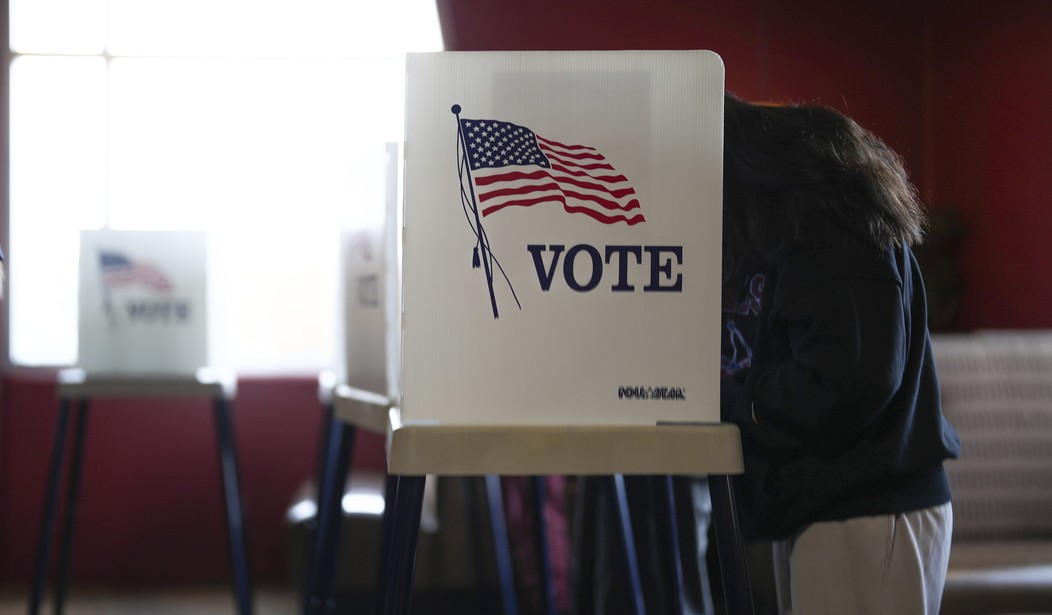The Des Moines Register is investigating how their gold standard poll under the direction of Ann Selzer missed the mark. They claim the pitch was a bit outside, but everyone knew better—even the most ardent Democrat. Trump was ahead +18 in June, and somehow, Kamala was ahead by three points just days before Election Day. There would have been signs of erosion and an increased Democratic Party presence. None of that happened. Selzer seemed to think that her poll animated Republican voters in the state, leading to Trump taking Iowa by 14 points. Or maybe the state was never in play, and a double-digit win would happen no matter what.
It's not rocket science here: it was a suppression poll. The crème de la crème of liberal media propaganda, and a heinous attempt at that. Selzer is retiring at the end of 2024, and Gannet, the publisher of the Register, is conducting an audit to see how this poll got leaked to Democrats before it was made public. The paper also reviewed their survey and what went wrong, with their editor divulging the preliminary findings—all of which are unsatisfactory regarding how this poll was laughably incorrect:
Were the demographics skewed? Selzer notes that this poll and other recent Iowa Polls have shown a higher response in the 1st Congressional District, in southeast Iowa, which leans more Democratic than the others. But the poll weights by congressional district, which would address that. Another common question she’s fielded: Did the poll include too many city dwellers, who tend to vote Democratic, and too few rural dwellers, who tend to vote Republican? In fact, the poll’s sample included 31% of likely voters who were city dwellers, a smaller percentage than in five comparable polls that identified likely 2024 voters, stretching back to 2021.
Did the poll fail to detect the shift found nationally among men of color toward Trump? The Iowa Poll’s sample of Latino men (20) did go to Trump by a 4-1 margin. But the numbers are so small that they had little effect on the overall poll results.
By ending interviews on Thursday, did the poll fail to capture late-deciders? Because exit polling was not conducted in Iowa, this is unknowable. Before publication, Selzer had flagged that Thursday was Trump’s best night. Per her usual practice, she calculated two-day rolling averages, but those looked flat.
Was the poll’s weighting flawed? The Iowa Poll’s respondent base is built to give all Iowa adults an equal probability of being contacted by an interviewer. Then Census data is used to adjust demographic variances to ensure an appropriate cross-section of all Iowa adults. As Selzer explains in more detail, the weighting in this poll was minimal and yielded a final sample of likely voters that matched the percentage of the most recent poll.
Should “recalled vote” from the 2020 presidential election have been included as a weighting factor? Selzer has not found voters’ recollections of their past votes to be highly reliable. The poll included more self-identified 2020 Biden voters than would seem to be proportionate. As part of her review, Selzer tested the recalled vote that respondents reported for this poll compared to the actual Iowa vote in 2020. The findings suggest a 6-point lead for Trump in 2024. So that may have played a role, but it’s far from Trump’s actual 13-point victory.
Recommended
“While no one factor has jumped out as determinative, it’s also possible that a combination of lesser factors played a role,” the wrote. Are you kidding me?
The paper is pretty much saying, ‘we found that nothing was essentially wrong with our poll, but it totally was.’ I think we know why this poll was so inaccurate. We don’t need a review for that.























Join the conversation as a VIP Member